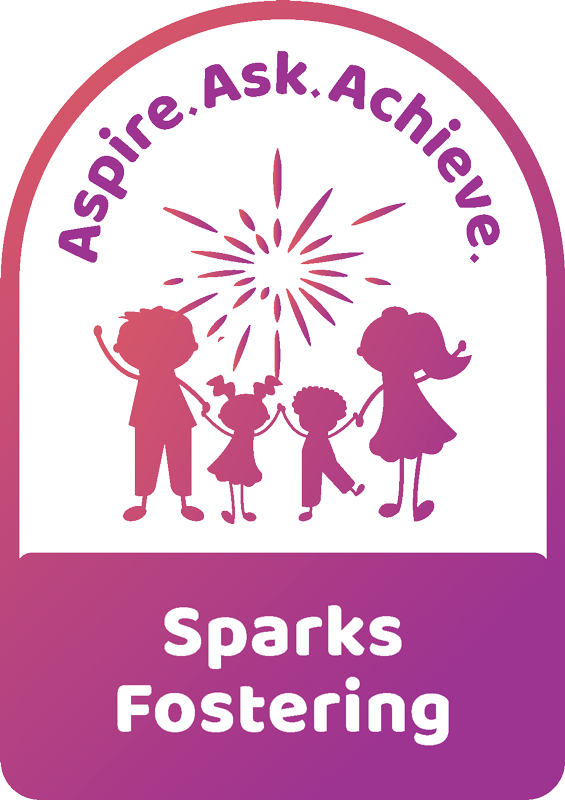Supporting children with their religious and ethnic identities
Children of different ethnicities and religions have specific needs in relation to their identity, physical and emotional needs, and also in relation to their beliefs and community relationships. For this reason, ethnic and religious matches are preferred; however, this is not always possible due to the limited number of available foster carers. It should be noted that ethnic and religious matching can be a complex process because of the number of different ethnicities and religions and the diversity within the groups.
When ethnic and/or religious matches aren’t possible, the matched foster carers are expected to do their best to meet the child’s ethnic and religious needs. Sparks Fostering supports the foster carers (and children) by providing information, relevant training and by linking the foster carers to suitable community organisations.
All fostering applicants are asked if they’re willing to care for children of different ethnicities and religions: For the most part, foster carers are expected to be open to caring for diverse groups of children. When exceptions are made, the reasoning would be explored. Intolerant, bigoted or discriminatory views would not be acceptable and foster carers who express such views would be turned down from fostering.
Additional resources (optional)
Imagine Stories – a monthly box of black children’s books.







